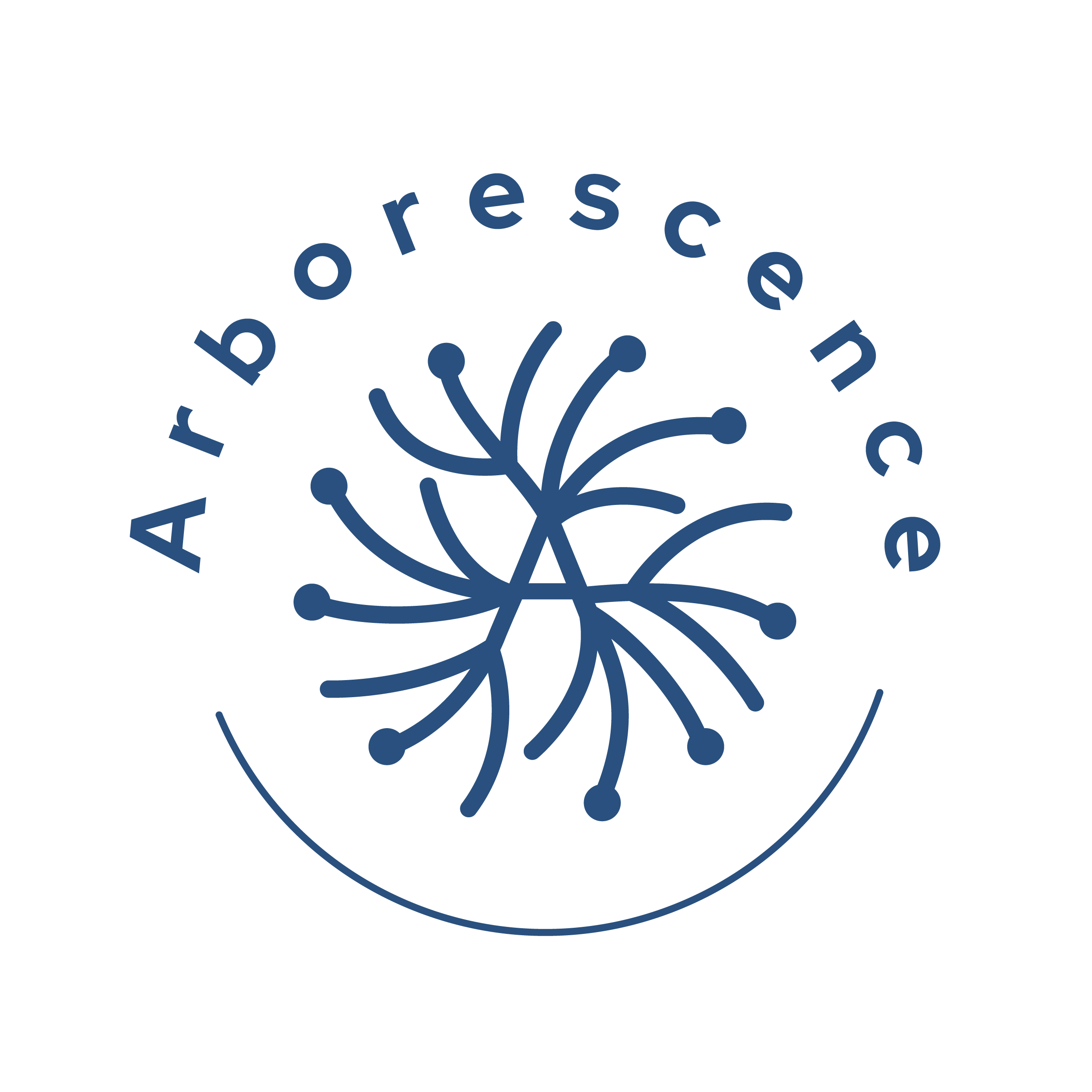What are these disorders?
Everyone likes to engage in pleasant experiences and avoid unpleasant ones. Our bodies produce molecules that generate feelings of pleasure and well-being when we engage in activities that help ensure our survival, such as eating, having sex or falling in love. The reward circuit in the brain reacts to these pleasure molecules, linking certain behaviours to the pleasure they induce. But the reward circuit also plays a role in addiction, since addiction and the search for pleasure are directly linked.
A number of behaviours can result in addiction. Addictions are usually associated with drug or alcohol use, but certain behaviours can also provoke them. Sports, gambling, spending time with a particular person, video games, pornography or other activities can stimulate the production of pleasure molecules, which can become addictive.
These behaviours can be healthy in moderation, but they are considered to be a disorder when they cause significant distress or difficulties in social interactions, work or other areas of life.
Addiction usually manifests itself as an irrepressible and uncontrollable urge to use a substance or engage in a behaviour. Addiction therefore has physiological, psychological and social components. Psychological addiction is the need to use a substance or adopt a particular behaviour to feel better about oneself, to relax or to feel motivated, for example. Physical addiction is manifested by withdrawal symptoms (i.e. headaches, tremors, nausea, irritability, etc.) when the addicted person stops using or engaging in the compulsive behaviour. Individuals who tend to be impulsive or have a hard time controlling themselves are at greater risk of developing a substance use disorder or addiction.
If you are concerned about your substance use or behaviour, or that of a loved one, here are some signs that may help you recognize whether or not it is an addiction:
- The substance use or behaviour continues, despite the physical, psychological, or social problems it aggravates or causes.
- The person has trouble setting and respecting limits on the behaviour or substance use.
- The person spends a significant amount of time trying to obtain the substance, prepare to engage in the behaviour, or recover from its effects.
- The behaviour or substance use causes difficulties in romantic, family, friend or work relationships.
- The behaviour or use interferes with or leads to the abandonment of work or leisure activities.
- The person needs to increase the amount consumed or the intensity of the behaviour to achieve the same desired sensation.
Currently, the Diagnostic and Statistical Manual of Mental Disorders (DSM‑5) recognizes ten categories of substances for which a substance use disorder may be diagnosed: alcohol, caffeine, cannabis, phencyclidine/hallucinogens, opioids, inhalants, sedatives/hypnotics/anxiety drugs, stimulants, tobacco and other substances. The DSM‑5 also recognizes gambling addiction disorder. Other addictions, such as video game addiction, are currently being studied but are not included in the DSM-5 at this time.
How does this impact loved ones?
Addictions can have serious consequences for the person living with them, but also for those around them. Individuals living with a substance use disorder or addiction will often become withdrawn from family and friends. The addiction can take up a good deal of space in their lives, which can be very hard for family members to deal with. Addictions can also lead a person to give up their hobbies and can have a significant impact on their work, finances and health. It is often very distressing to see that a person you love is willing to suffer heavy consequences for the sake of their addiction. Those around them may also question whether they’ve contributed to the development or maintenance of the addiction, resulting in feelings of intense guilt.
Addictions can cause a person to become aggressive, unpleasant, or to act out of character. While under the influence, they may say things they don’t mean and hurt or even ruin relationships with people. This can drive their family and friends to cut the person off if they are unable to regain control of their life. This generates conflicting emotions: you may want to offer help and be a supportive, but at the same time you might feel exhausted and powerless
Helping a person living with an addiction can be extremely exhausting. Over time, friends and family members may start to neglect their own well-being. Whether you or your loved one is suffering from addiction, please know that it is a treatable disorder and nothing to be ashamed of. There are many resources available to help you.
What about seniors?
There is a link between social isolation and addictions. Certain factors increase the risk of developing addiction in seniors, such as loneliness, depression and anxiety. Certain addictions, such as prescription drug dependency, are common and should be monitored in seniors. Addictions to prescription painkillers or to benzodiazepines used to treat anxiety may go unnoticed, but the harmful social, physical and psychological effects will still manifest themselves.




